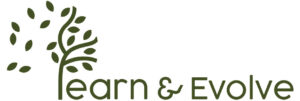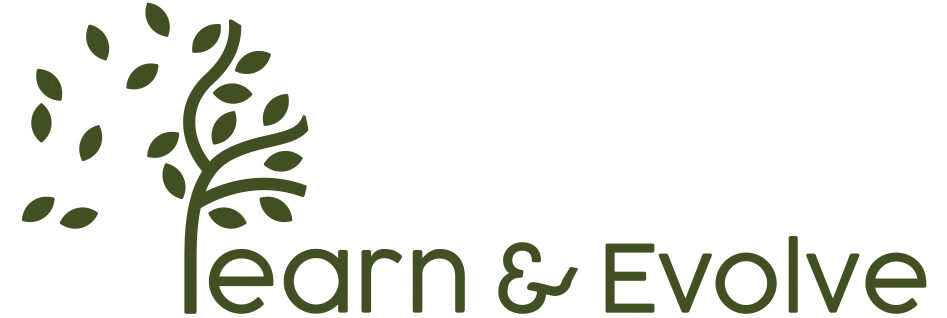 Since the start of the pandemic, the business world has changed drastically. The challenges that were brought upon all industries have caused leaders and CEOs to work their hardest on ensuring the profitability and growth of their companies. With that came the demise of a plethora of businesses that were not fully equipped to take on the hardships that COVID-19 placed on the workforce.
Since the start of the pandemic, the business world has changed drastically. The challenges that were brought upon all industries have caused leaders and CEOs to work their hardest on ensuring the profitability and growth of their companies. With that came the demise of a plethora of businesses that were not fully equipped to take on the hardships that COVID-19 placed on the workforce.
As a result, the value of organizational resilience has skyrocketed when strategizing the sustainability and preservation of a business. Leaders placed a series of questions to ensure the importance of various departments in a company, HR included.
At the start of the pandemic, HR representatives witnessed a heavier load on maintaining their roles and value in the business world. Leaders were forced to make harsh decisions and cut off various departments and individuals to ensure the prosperity of the company. Hence, it is important for HR professionals to preserve their roles and stability in the workforce.
How Valuable Are HR Departments in the Business World?
Businesses have always been reluctant on adopting a people-first outlook as a priority on the company’s agenda, causing HR departments to focus on different initiatives. This depreciated the perception of the contributions HR representatives provide. Ironically, the pandemic managed to bring back human-centered strategies, aiding companies in finding out the value of every single cog in the business machine while prioritizing employees, clients, and partners.
Protecting valuable employees from the virus and the challenges that come with it has become the number one goal in surviving businesses. Communication, transparency, and openness between various departments and leading teams have become key to ensuring a company’s survival. With this new outlook in mind, HR departments have undertaken the crucial role of updating HR policies to benefit a business. With a base focus on communication and relationship building, HR contributions have become increasingly significant to a company’s resilience, causing issues when old HR strategies are adopted and never updated.
The New People-First Method
To maintain high-performance and profitability in the workforce, adopting a new set of questions and rules has flourished the HR strategical implementations. A people-first method has become the new method, proving its efficacy in the businesses that have survived the sudden changes.
The new set of questions HR professionals have to ask include a series of staff related enquiries. From lay-off strategies to business improvement interrogations, these questions provided a new series of roles that extremely elevated the importance of having an efficient HR department.
What Are HR’s Values in the New Business World?
- Implementing Digital and Networking Strategies
Finding new ways to network with staff and partners as well as ensuring all internal procedures can easily be completed virtually - Ensuring Staff’s High-Performance
Tracking performance levels of all company teams and encouraging growth
- Preparing for Future Obstacles
Ensuring flexibility and adaptability of implemented strategies and policies to overcome future offline or digital challenges - Learning Environment
Preserving a learning environment to allow staff the chance to develop new skills and talents - Integrating New Policies
Ensuring compensatory policies are implemented, including suitable breaks to simplify remote working - Reporting on Needs
Personalizing insights and analytics to ensure employees’ needs are met - Fostering a Responsive and Compliant Nature
Integrating a culture of communication and reporting as well as ensuring responsiveness to changes that might occur with the staff, clientele or partners
Conclusion
HR leaders and professionals must always ensure a collaborative environment in the workforce. With the pandemic challenging HR roles, it is important to adopt a policy that individualizes each staff in the company. When people create the business, their opinions, comments and concerns should always be the top priority to ensure constant growth, success, and sustainability in these difficult times.





